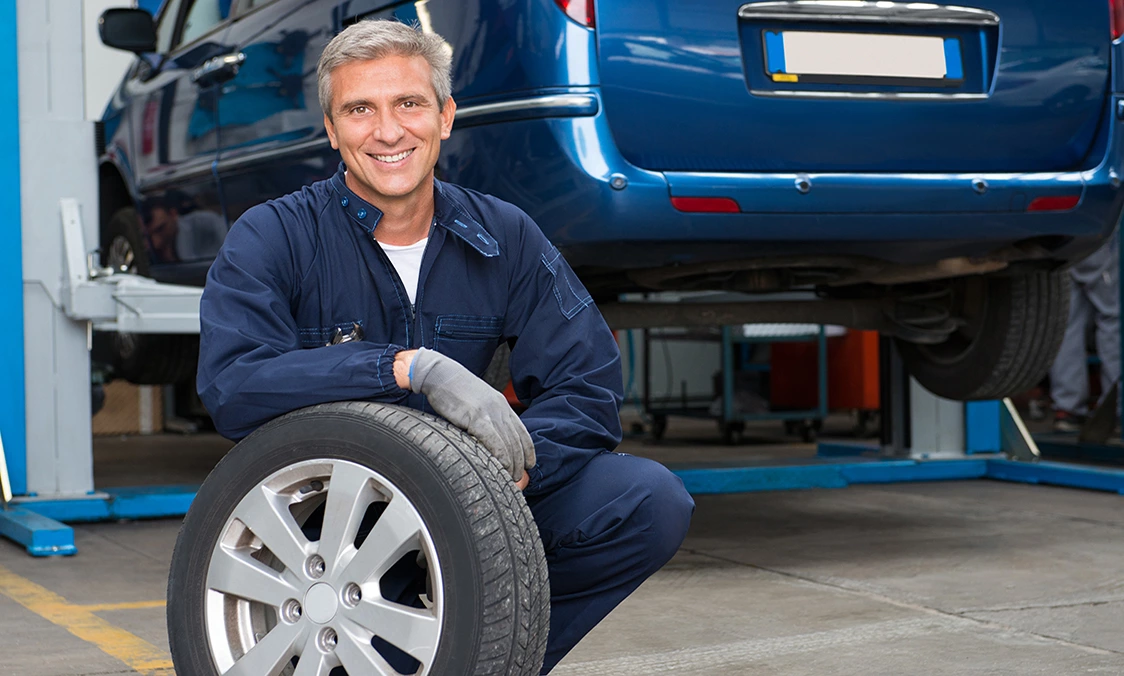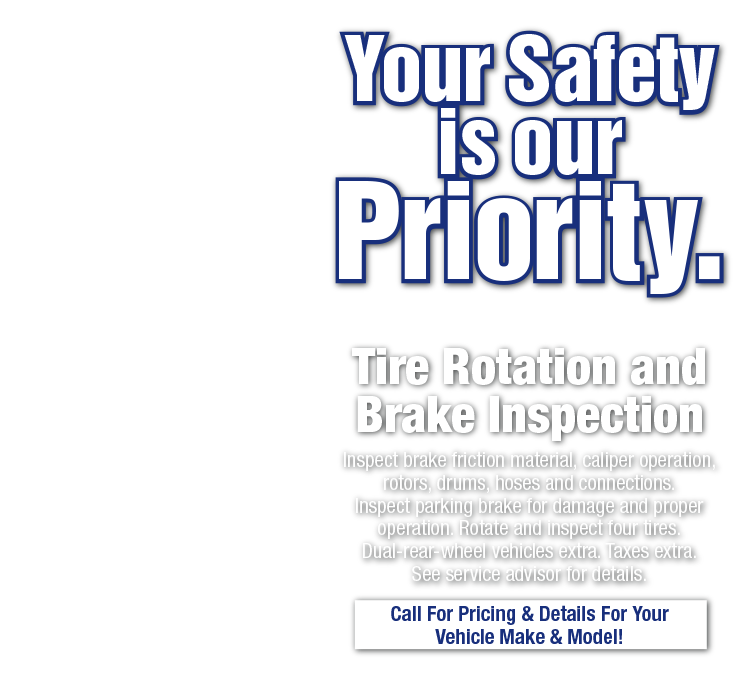An Oil for All Seasons (Engine Oil Selection)
September 15, 2019
You swap your winter boots for flip-flops in the summer. Why not change your winter engine oil for summer, hot-weather oil? While it may seem like it makes sense, there's some good news. Most drivers don't have to, and here's why.
Engine oil can be made in different thicknesses. That thickness is called viscosity, how easily it flows. Now, it makes sense that the hotter it gets, oil gets a little thinner and doesn't lubricate as well. So if you used a thicker oil in the summer, it's logical that it would protect better in the hotter weather.
While there was a time when oils could be only made in one viscosity, times have changed. Using an ingenious formula, oil can now be created that changes its viscosity (called "multi-viscosity") as the temperature rises and falls. It self-adjusts to match the conditions. Now that's what I call a great invention.
In most temperate climates, you don't have to swap out the type of oil you use in your vehicle each season. There are exceptions in extreme climates, but your service advisor can advise you on that. Your vehicle's owner's manual recommends the proper viscosity oil to use.
Remember that even though you may not have to switch to a different type of oil, you DO have to CHANGE the oil at certain intervals. That's because oil eventually breaks down and picks up contaminants, and if you have old, dirty oil in your engine, it can cause damaging friction and heat. Regular maintenance at your vehicle service facility will ensure that your vehicle is running like a well-oiled machine.
Gary Knurek GoodYear
1973 Livernois
Troy, Michigan 48083
248-362-0350
Need Service?
More articles from Gary Knurek, Authorized GoodYear Dealer

T for Transmission, T for Trouble (Automatic Transmission Trouble Signs)
October 12, 2025
One of the hardest working components of your vehicle is its transmission, shifting gears up and down when you need it to. The transmission is vital to your vehicle driving properly, and if you start to see signs of problems in it, its best to have them fixed earlier rather than later. (Since ne... More

Don?t Meddle with the Pedal (Brake Caliper Replacement)
October 5, 2025
If you drive a newer vehicle, chances are it has disc brakes, and one of the components of that type of brake is called a brake caliper. The caliper allows the pressure from your foot on the brake pedal to eventually move brake pads against discs in your wheels, which then slow and stop your veh... More

Mileage Headed Downhill? (What Causes Bad Fuel Economy?)
September 28, 2025
Name someone you know who enjoys spending a lot of money on gasoline. Yeah, me neither. Thats because it costs quite a bit to keep fueling your vehicle. One way to save money on gas is to get good fuel economy, and most of todays vehicles are designed to maximize your mileage. But you might f... More









